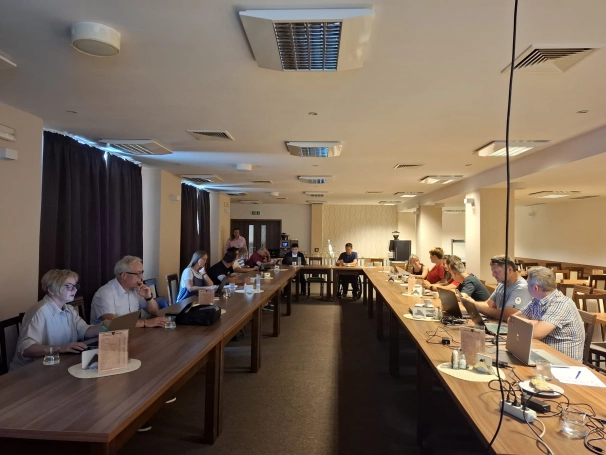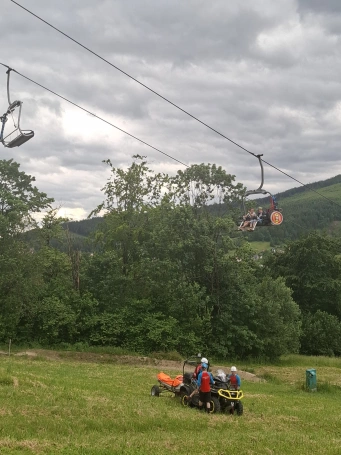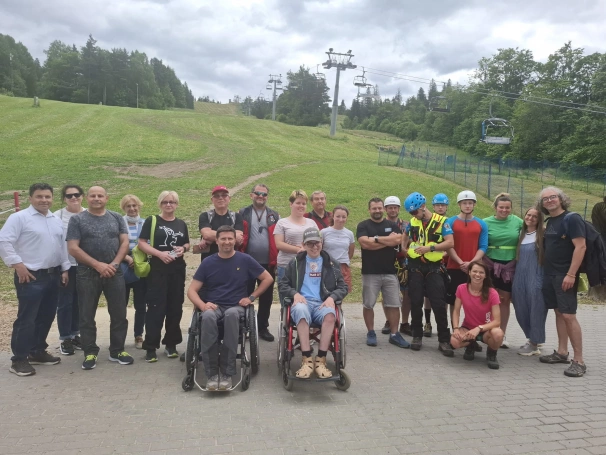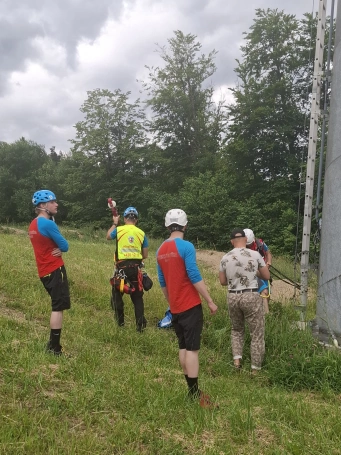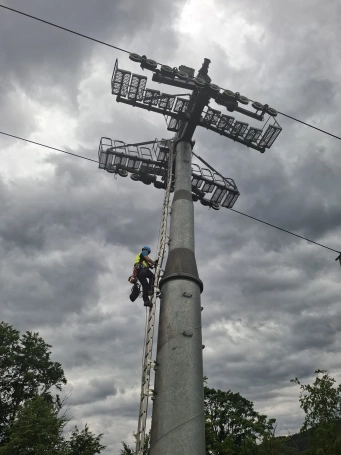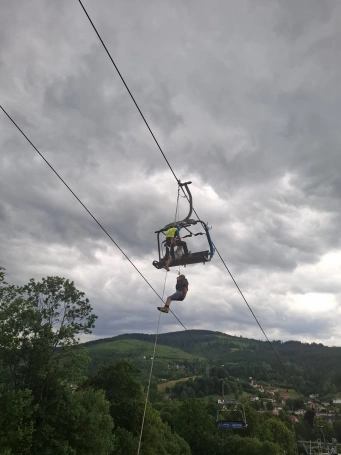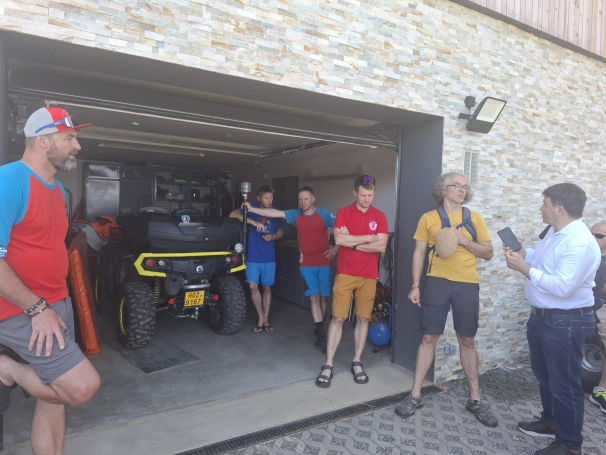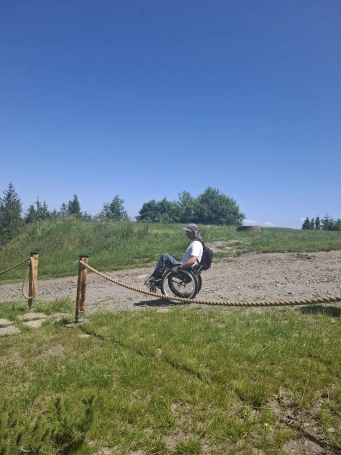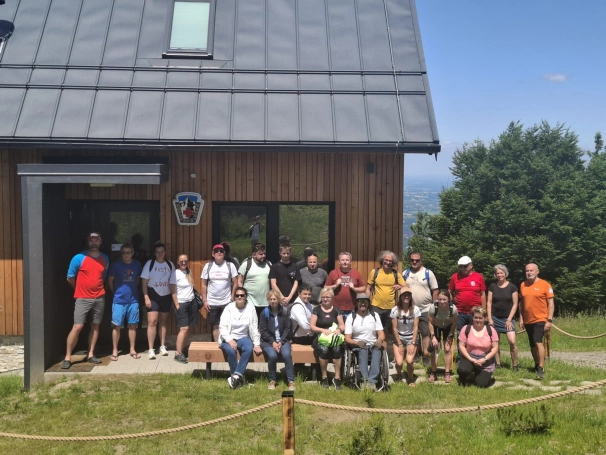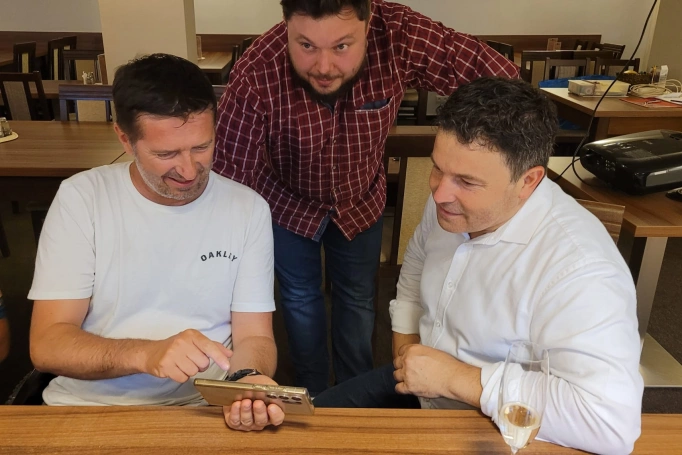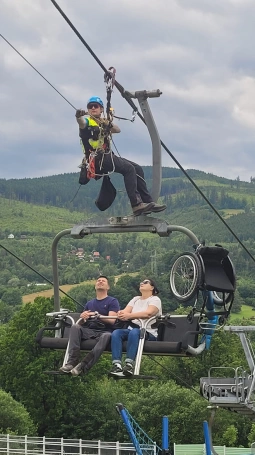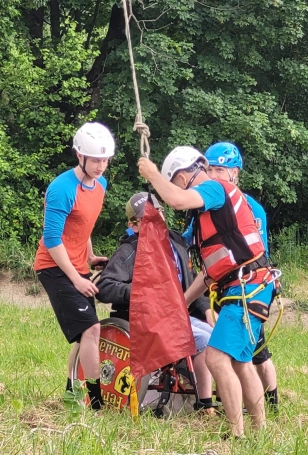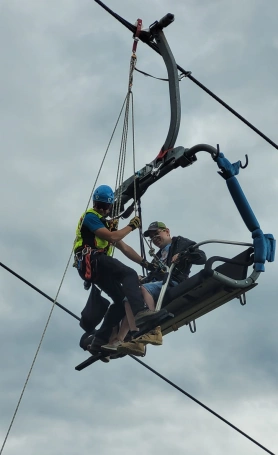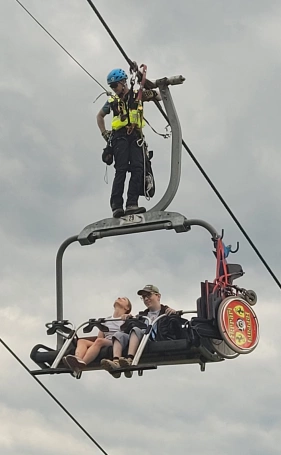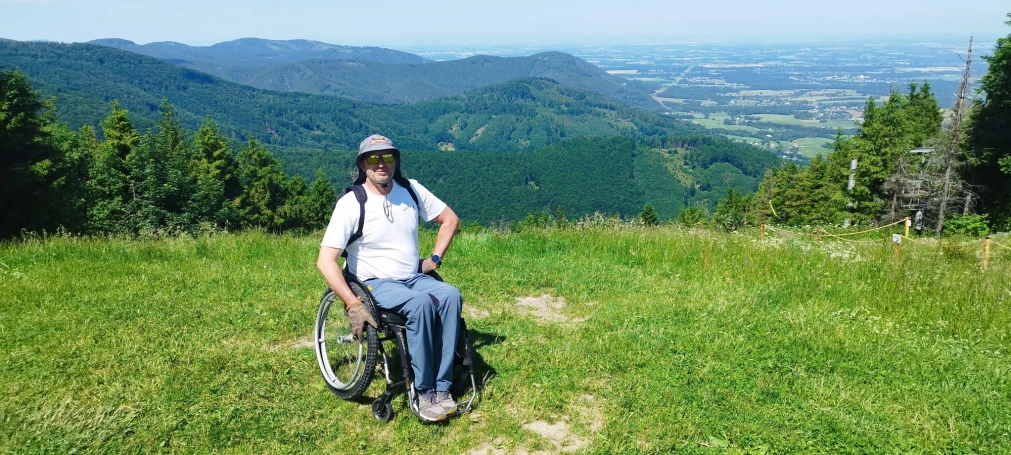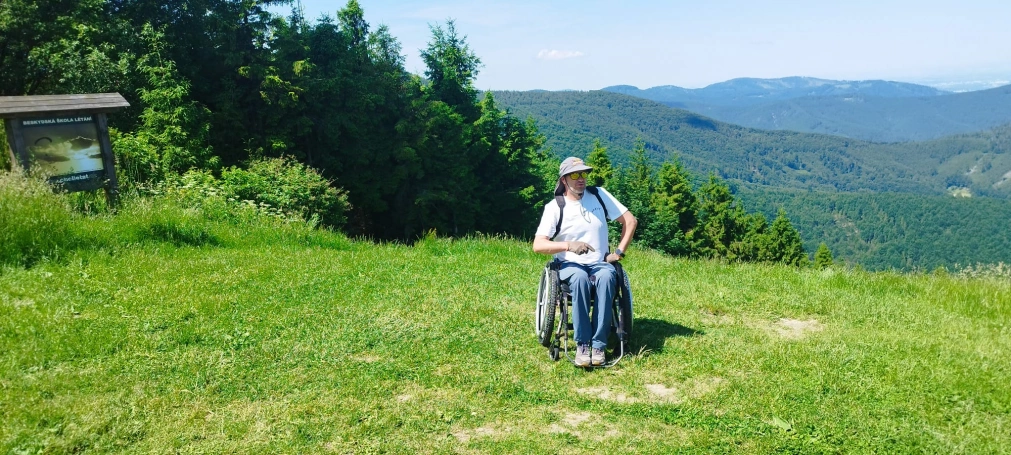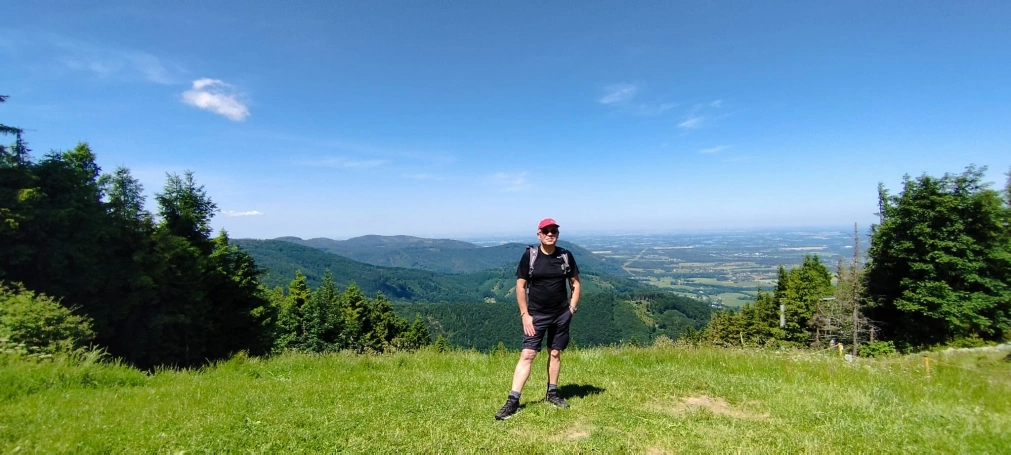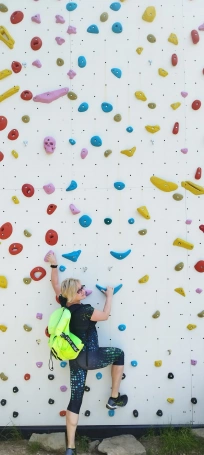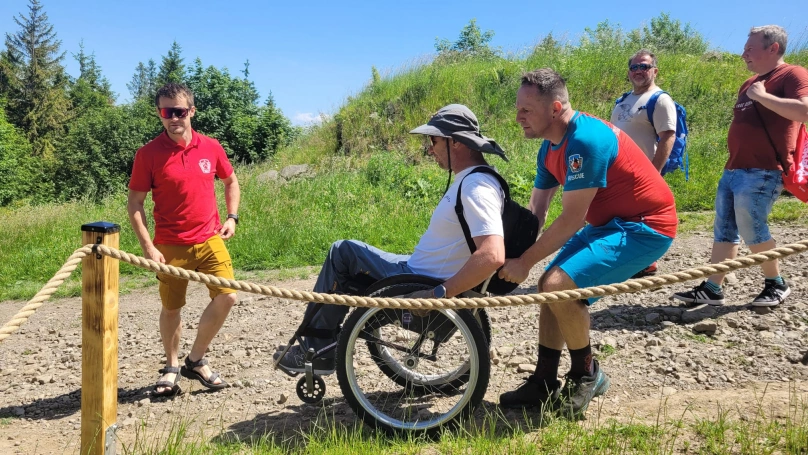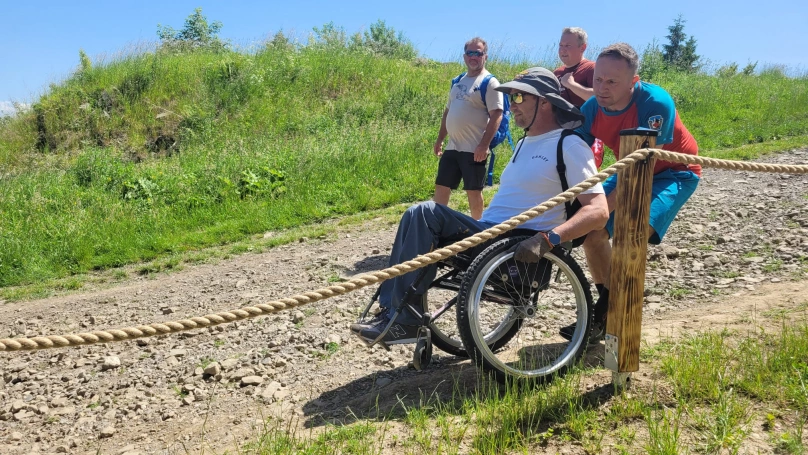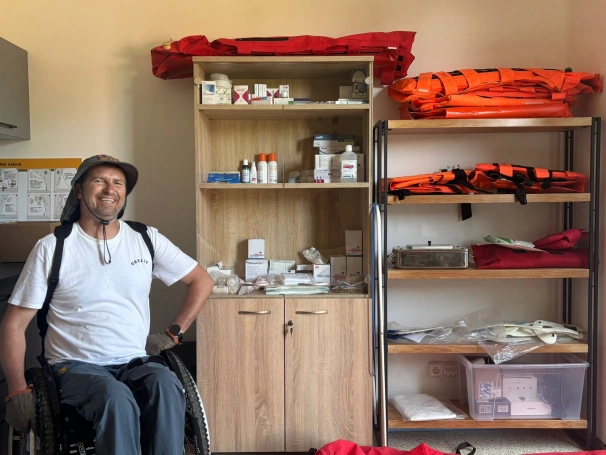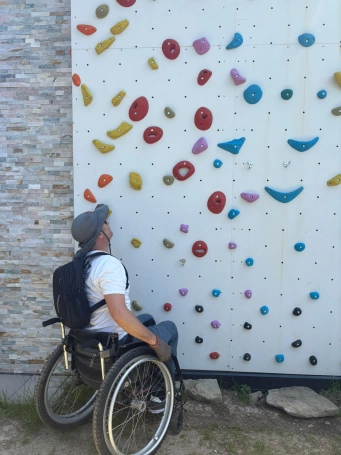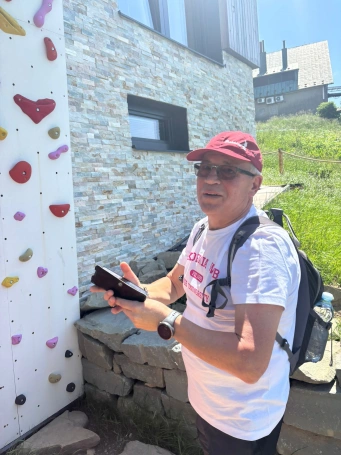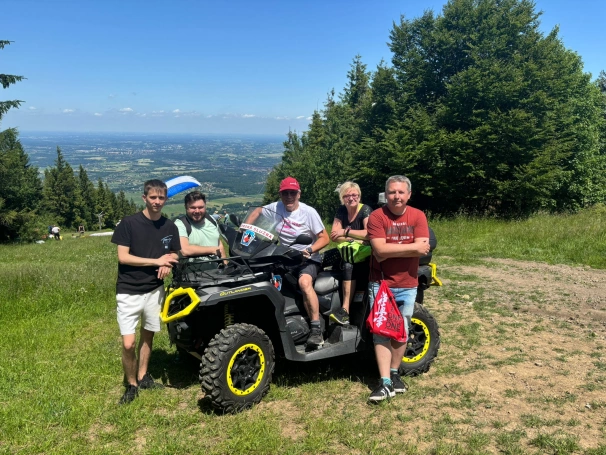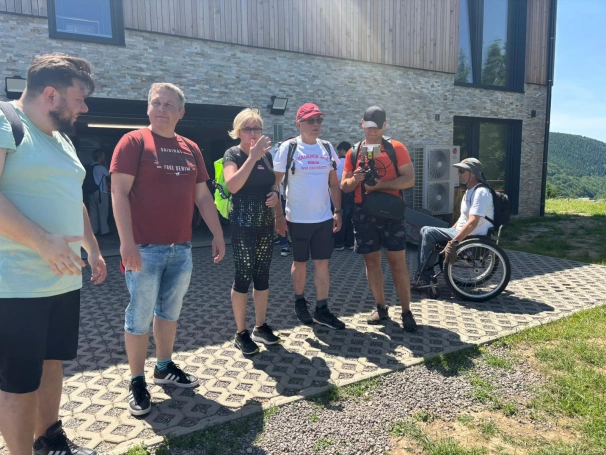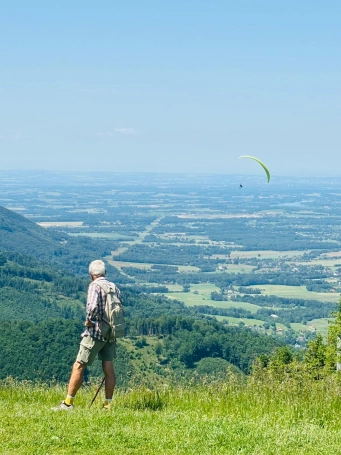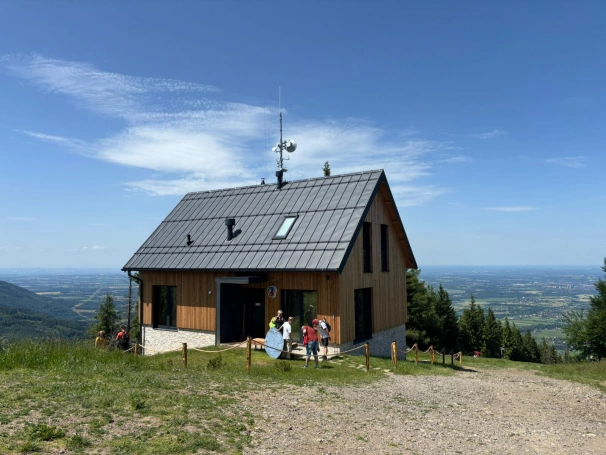- Student
- Student
- Akademickie Biuro Karier
- Akademicki Związek Sportowy
- Biblioteka
- Biuro kształcenia doktorskiego i awansów naukowych
- Seminarium Doktorskie
- Szkoła Doktorska
- Centrum Osób o Szczególnych Potrzebach
- Centrum Egzaminowania Elektronicznego
- Dział Współpracy z Zagranicą
- Dziekanat i sprawy studenckie
- Dział rozliczeń ze studentami
- Efekty uczenia się / Sylabusy
- Harmonogram i terminy zjazdów
- Koła naukowe
- Klub MBA
- Legia Akademicka - Szkolenie Wojskowe dla studentów
- Międzynarodowa akredytacja IPMA Student
- Praktyki studenckie/Internships
- Program Ambasadorski
- Samorząd studencki
- Stowarzyszenie Absolwentów i Studentów AWSB
- Studium Języków Obcych
- Strefa Wsparcia dla Studentów i Studentek Akademii WSB
- Stypendia
- Wirtualna Uczelnia
- Kontakt
- Kandydat
- Kandydat
- Studia I stopnia
- Studia II stopnia
- Studia jednolite magisterskie
- Studia jednolite magisterskie
- Pedagogika przedszkolna i wczesnoszkolna - studia jednolite magisterskie
- Pedagogika specjalna – studia jednolite magisterskie
- Fizjoterapia - studia jednolite magisterskie
- Prawo - studia jednolite magisterskie
- Psychologia - studia jednolite magisterskie
- Psychologia - studia jednolite magisterskie dla osób posiadających wyższe wykształcenie
- Lekarski - studia jednolite magisterskie
- Empty
- Executive MBA (EMBA) in English
- Studia MBA
- Studia podyplomowe
- Szkoła doktorska i Seminaria doktorskie
- Studia w języku angielskim
- Studia w języku ukraińskim
- Centrum Osób o Szczególnych Potrzebach
- Promocje
- Szkoła Języków Obcych
- Szkolenia
- Zasady rekrutacji
- Kontakt
- Empty
- Nauka i Badania
- Uczelnia
- Uczelnia
- Aktualności
- Baza dydaktyczna
- Business School
- Collegium Medicum – Wydział Medyczny
- Dla mediów
- Do pobrania
- Formularz kontaktowy
- Inwestycje – dofinansowanie z budżetu państwa
- Jakość kształcenia
- Kariera
- Katedry
- Kontakt
- Media o nas
- Nagrody i wyróżnienia
- Newsletter
- Otwarta Akademia Nauki
- O uczelni
- Partnerzy
- Patronaty
- Projekty unijne
- Rada ekspertów
- Standardy ochrony małoletnich
- Strategia
- Strategia Zrównoważonego Rozwoju Akademii WSB do roku 2030
- Uniwersytety Dziecięce
- Uniwersytet Trzeciego Wieku
- Władze
- Wydarzenia
- Wydziały
- Zamówienia publiczne
- Wykładowca
- Empty
Data
29.06.2025
3-days pilots activities in Horní Lomná
From 24 to 28 June 2025, the town of Horní Lomná (Czech Republic) hosted the third international meeting of the RESCUER project partners – a strategic initiative aimed at developing innovative tools to enhance the safety of seniors and people with disabilities in mountain regions. The study visit gathered representatives of partner institutions and mountain rescue services from Poland, Austria, Slovakia and the Czech Republic.
The WSB University, as the leading partner responsible for the educational and research components of the project, opened the event with a comprehensive presentation of the project’s progress and current results. The team showcased four VR-based training scenarios under development, co-created with rescue professionals and designed to reflect real operational challenges. The presentation also included data from surveys and pilot evaluations conducted with rescue services and target user groups. This session allowed for in-depth methodological discussions and alignment of expectations across all partner countries.
The first day continued with a highly instructive field exercise – a live simulation of evacuating a person with a disability from a malfunctioning chairlift. Conducted by the Czech Mountain Rescue Service, the scenario served as a real-world benchmark for validating the technical and procedural assumptions of the project. The operation provided crucial insights into equipment deployment, terrain constraints, team coordination, and timing – all of which inform the refinement of immersive VR training modules currently being developed by the WSB University team.
On the second day, participants took part in a guided site visit to the newly established mountain rescue station on Javorový Hill. The visit included a thorough presentation of the station’s infrastructure, organizational structure, standard intervention protocols, and technical resources. Particular emphasis was placed on equipment and tools adapted to supporting rescue operations involving individuals with mobility or sensory impairments. The session also covered the spatial organization of team quarters and logistics systems used by on-duty units. The collected documentation and expert input will be directly integrated into the VR scenarios, ensuring that they reflect up-to-date practices and operational realism.
The third day focused on digital integration and future planning. Czech project partners introduced Záchranka – the official national rescue app – presenting its core functionalities and relevance to inclusive emergency response systems. The application was discussed in terms of both user experience and interoperability with future training tools. In the final session, WSB University facilitated strategic planning for the next phases of the project, including upcoming training events, VR scenario validation procedures, and the final project conference scheduled for January 2026 in Poland.
The study visit in the Czech Republic marked a significant milestone in the RESCUER project, reinforcing the collaborative effort to combine technological innovation with inclusive public safety policy. WSB University once again demonstrated its leading role in advancing educational technologies and delivering research-driven solutions that support professional rescue services in addressing the needs of vulnerable groups in mountain environments.
